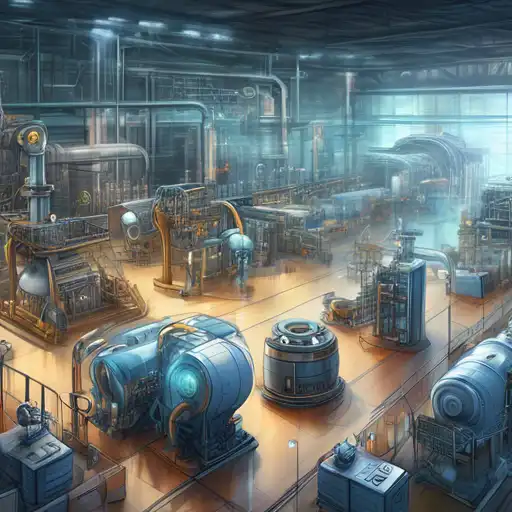The Role of IoT in Transforming Industrial Automation
The Internet of Things (IoT) is significantly transforming the landscape of industrial automation, offering unprecedented levels of efficiency, productivity, and safety. By integrating IoT technologies, industries are able to monitor, control, and optimize their operations in real-time, leading to smarter manufacturing processes.
Enhanced Efficiency and Productivity
One of the most notable impacts of IoT on industrial automation is the enhancement of efficiency and productivity. IoT devices collect vast amounts of data from machinery and equipment, enabling predictive maintenance and minimizing downtime. This data-driven approach ensures that operations run smoothly and efficiently, reducing costs and increasing output.
Improved Safety Measures
IoT also plays a crucial role in improving safety within industrial environments. Sensors and wearable devices can monitor hazardous conditions and alert workers in real-time, preventing accidents and ensuring a safer workplace. This not only protects employees but also reduces liability and insurance costs for companies.
Smart Manufacturing and Industry 4.0
The integration of IoT in industrial automation is a cornerstone of the fourth industrial revolution, or Industry 4.0. Smart manufacturing leverages IoT to create fully connected and flexible production systems that can adapt to changes in demand or supply chain disruptions. This level of agility is essential in today’s fast-paced market.
Challenges and Considerations
Despite its benefits, the adoption of IoT in industrial automation comes with challenges. Cybersecurity risks, data privacy concerns, and the need for skilled personnel are significant hurdles that industries must overcome. However, with the right strategies and technologies, these challenges can be effectively managed.
In conclusion, the impact of IoT on industrial automation is profound, offering opportunities for enhanced efficiency, safety, and flexibility. As industries continue to embrace IoT technologies, the future of industrial automation looks promising, paving the way for smarter, more sustainable manufacturing processes.
For more insights into the future of manufacturing, explore our articles on smart manufacturing and Industry 4.0.
